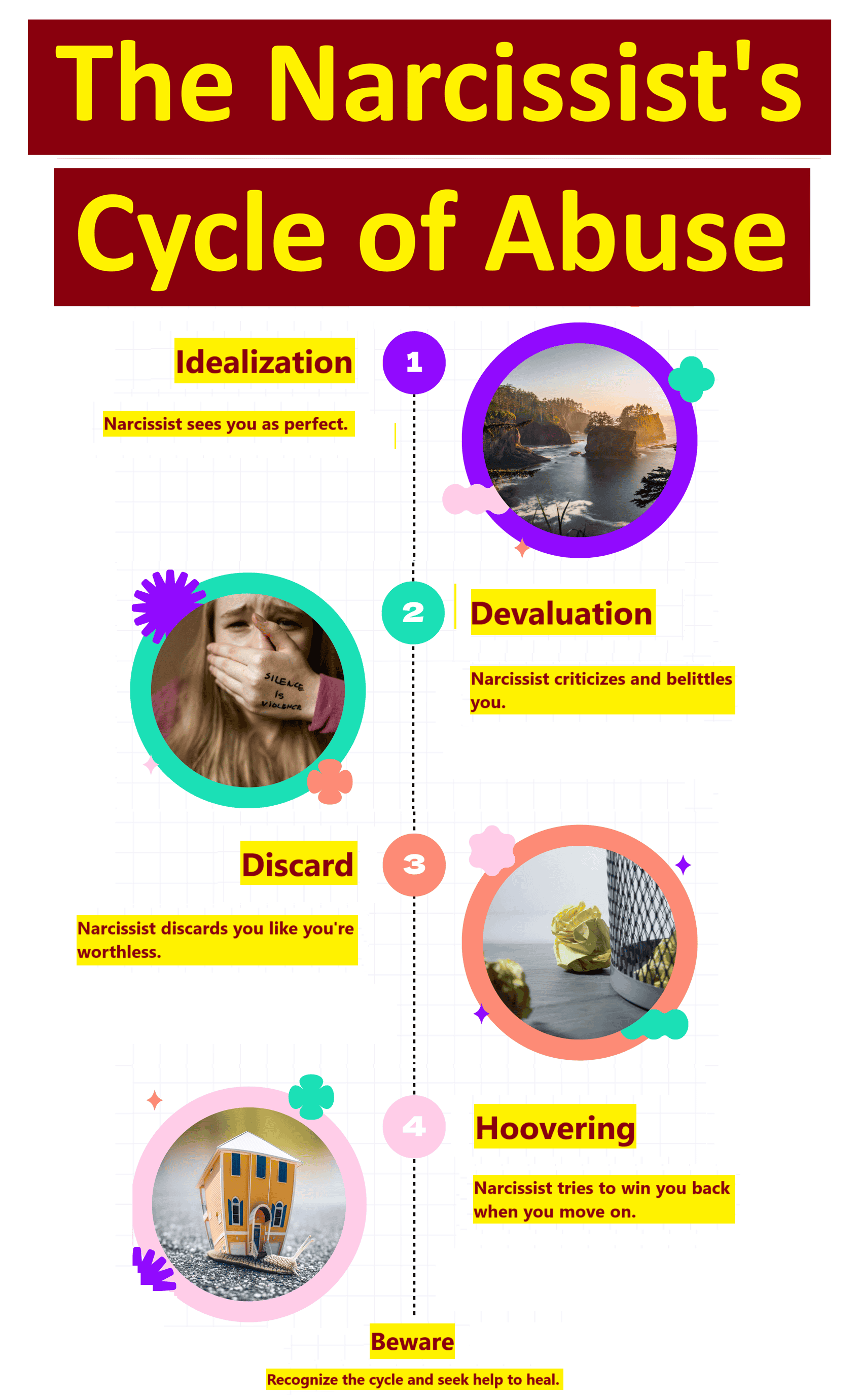Narcissistic sabotage refers to the self-destructive actions narcissists often engage in due to their inflated self-perception, need for control, and constant desire for validation.
They create situations that can lead to their downfall by damaging relationships, careers, and even their own mental health.
These destructive behaviors manifest in various ways, from manipulating others to making impulsive, detrimental decisions.
Ways Narcissists Sabotage Themselves and Others
1. Ignoring Criticism
Narcissists struggle with accepting criticism due to their inflated self-perception. They react with anger, denial, or blame-shifting when faced with negative feedback.
This rejection of critique hampers their personal growth and leads to repeated mistakes, causing stagnation in their professional and personal lives.
2. Setting Unrealistic Goals
Driven by their grandiose self-view, narcissists set unattainable goals. When they inevitably fall short, they experience frustration and disappointment.
This cycle negatively impacts their mental health and leads to increased reliance on manipulative behaviors to cope with perceived failures.
3. Manipulating and Exploiting Others
Narcissists exploit others’ weaknesses for manipulation and control. By targeting insecurities, they undermine confidence and establish dominance.
This creates toxic environments in personal and professional settings, leading to distrust, resentment, and the eventual breakdown of relationships.
4. Creating Dependency and Isolation
Narcissists foster dependency and isolation by initially offering support and affection, then gradually becoming the sole provider of validation.
This tactic isolates individuals from their social circles, making them dependent on the narcissist’s approval, thereby reinforcing the narcissist’s power and control.
5. Undermining Colleagues
In the workplace, narcissists undermine colleagues to maintain a sense of superiority. They take credit for others’ work, avoid responsibility, and create a toxic atmosphere.
This behavior leads to decreased morale and productivity, ultimately affecting the narcissist’s own career prospects as they alienate potential allies.
6. Overreacting to Public Embarrassment
Narcissists are highly sensitive to how they are perceived publicly. Any situation where they feel embarrassed or humiliated can trigger significant angry outbursts.
Their need to maintain a flawless public image leads them to react disproportionately, damaging their relationships and reputation.
7. Failing to Meet Expectations
Narcissists have a strong sense of entitlement and expect others to comply with their demands. When these expectations are not met, it challenges their sense of superiority and control, leading to frustration and anger.
This behavior alienates those around them and can lead to professional and personal failures.
Signs You Are Dealing With a Narcissist
Spotting a narcissist can be tricky. Here are key signs to watch out for:
- Constant Need for Admiration: Narcissists crave excessive praise, always seeking validation for even the smallest achievements.
- Lack of Empathy: They show little or no concern for others’ feelings and often disregard other people’s needs.
- Inflated Sense of Importance: They exaggerate their talents or achievements and expect to be recognized as superior without commensurate accomplishments.
- Exploitation of Others: Narcissists often take advantage of people to get what they want without any guilt or shame.
- Envy and Competitiveness: They feel envious of others and believe others are envious of them, leading to a highly competitive behavior.
- Arrogant Behavior: They often display haughty attitudes and behave as though they’re better than everyone else.
- Manipulative Tactics: Narcissists use manipulation to control situations and conversations to their advantage.
Building Personal and Professional Boundaries
Strong boundaries are vital in any relationship, especially with a narcissist.
- Clearly Define Limits: Set explicit, unambiguous boundaries and communicate them assertively. For instance, limit how much personal information you share or restrict the duration of conversations.
- Consistent Enforcement: Stick to your established boundaries without exceptions to avoid giving mixed signals.
- Limit Contact: Restrict interactions to essential matters, especially in professional settings, to minimize their influence over you.
- Avoid Personalization: Don’t take their actions or words personally, as narcissists often project their insecurities onto others.
- Utilize Support Systems: Lean on friends, family, or professional counselors who can offer guidance and support.
- Document Interactions: Keep records of conversations and interactions, especially at work, to protect yourself from potential manipulative actions.
- Regular Self-Care: Engage in activities that promote your well-being, such as exercise, hobbies, or mindfulness, to buffer against stress from dealing with narcissistic behavior.
Recognizing these behaviors and implementing strategies like setting boundaries and practicing self-care can help mitigate the impact of narcissistic sabotage.
Stay vigilant, trust your instincts, and seek support when needed to maintain your mental health and personal boundaries.




